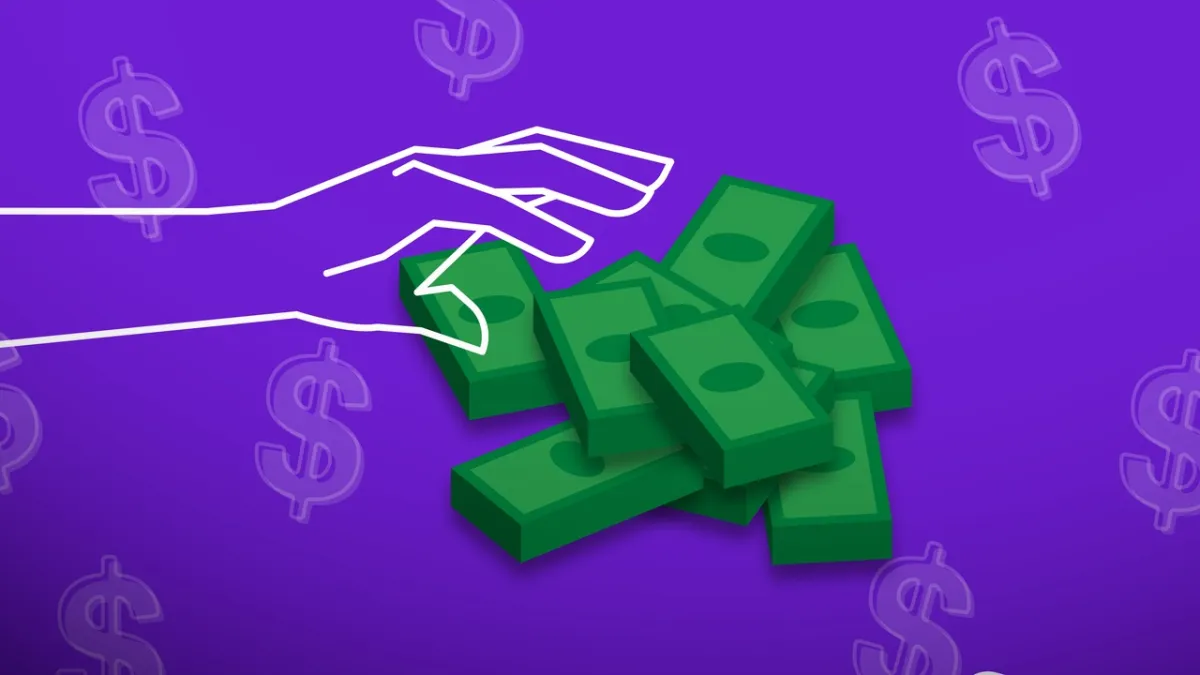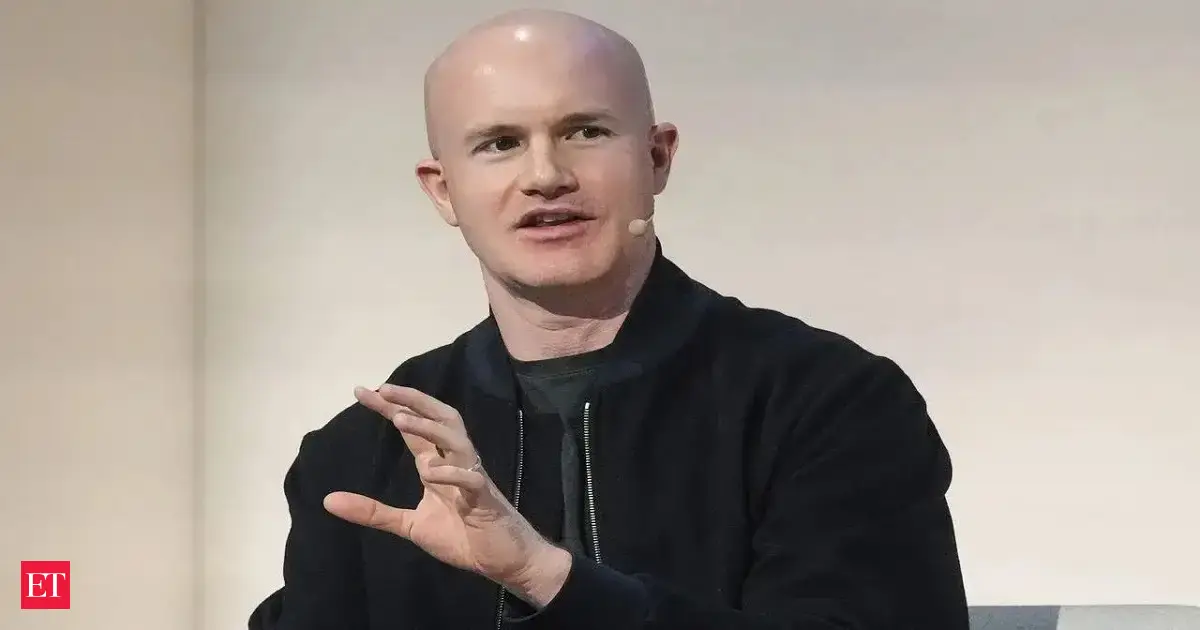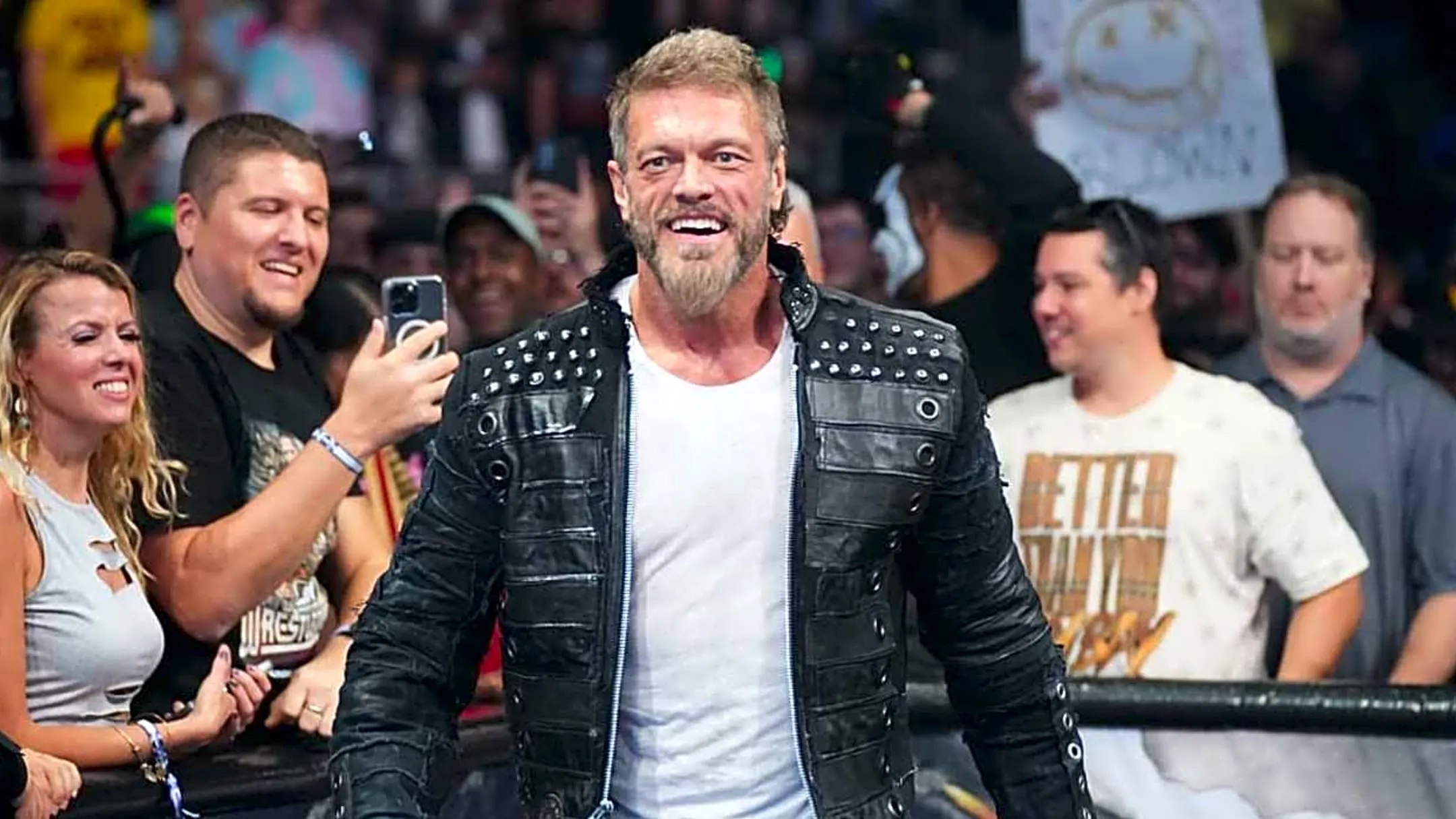
YouTube has become the biggest platform out there, offering tons of opportunities for creators to earn a living. Back in June, the company reported that its creative ecosystem added over $55 billion to the U.S. GDP and created more than 490,000 full-time jobs.
However, many YouTubers have reduced their reliance on ad revenue and brand deals. There are several reasons for this shift. First, ad revenue can be quite unpredictable. With YouTube continually updating its policies, some creators may find it challenging to secure ads for their videos, which can negatively impact their earnings. Additionally, they’ve realized that income from these streams can vanish unexpectedly.
YouTubers are no longer just creators; they’re vertically integrated media companies. Recognizing the volatility of platform-dependent revenue, many are building parallel businesses, including product lines, brick-and-mortar ventures, and consumer brands that can outlast algorithm changes and policy shifts.
In some cases, these side businesses are growing faster and more sustainably than their YouTube channels.
MrBeast
Jimmy Donaldson, known as MrBeast, who has 442 million subscribers, isn’t just one of YouTube’s biggest stars — he’s its most aggressive entrepreneur.
What started with a merchandise store in 2018 — ShopMrBeast — has exploded into a business portfolio, including his now three-year-old snack brand, Feastables.
Feastables’ initial product was the “MrBeast Bar,” a chocolate bar that generated over $10 million in sales within its first 72 hours, selling over one million bars at launch. As of today, Feastables is more profitable than his YouTube content and even his “Beast Games” competition series on Prime Video. In 2024, Feastables generated roughly $250 million in revenue and over $20 million in profit, while his media business lost approximately $80 million.
Other ventures include his packaged food brand Lunchly (co-founded with YouTubers Logan Paul and KSI), the toy line MrBeast Lab, MrBeast Burger, and the analytics platform Viewstats. He even attempted to buy the U.S. operations of TikTok by joining the American Investor Consortium, a group of investors led by Employer.com founder Jesse Tinsley.
Now MrBeast is venturing into a new area. He plans to establish a mobile virtual network operator (MVNO), which could involve partnering with one of the major operators, such as AT&T, T-Mobile, or Verizon.
Emma Chamberlain
Emma Chamberlain, who rose to fame as a teen vlogger in 2016, now has over 12 million subscribers and has found success in the beverage industry.
She launched her coffee brand, Chamberlain Coffee, in 2019, which offers a variety of products, including cold brew, coffee pods, ground and whole bean options, as well as tea and matcha. Notably, other YouTubers have followed suit, such as Jacksepticeye with his Top of the Mornin’ Coffee brand and Philip DeFranco with Wake & Make Coffee.
In 2023, Chamberlain Coffee had a significant year, introducing ready-to-drink canned lattes and reaching approximately $20 million in revenue, according to Forbes. The brand recently experienced even more substantial growth, opening its first physical location in January. Previously, it had only an online and retail presence at places like Target, Sprouts, and Walmart.
Although Chamberlain Coffee faced some challenges last year due to supplier issues, it’s expected to rebound, with projected revenue growth of over 50% by 2025, reaching more than $33 million, according to Business Insider. The brand is also aiming for profitability by 2026.
Logan Paul
Logan Paul (23.6 million subscribers) is now known for his wrestling career but was earlier known for numerous controversies, like an infamous 2017 video and an allegedly scammy NFT project, CryptoZoo.
He also gained attention through his energy drink brand, Prime, which achieved rapid viral success in 2022. The brand, co-founded by YouTuber KSI, surpassed $1.2 billion in sales in 2023, a figure far exceeding what most content creators earn from views, ads, and brand deals. However, it has since faced declining sales, regulatory scrutiny for its high caffeine content, and lawsuits from business partners. Sales have particularly cooled in the U.K., where revenue dropped by about 70% from 2023 to 2024.
Another venture of his, Maverick Apparel, made between $30 and $40 million in 2020.
His brother, Jake Paul, is also involved in various ventures, including co-founding the Anti Fund, which has touted past investments in OpenAI, Anduril, Ramp, and Cognition, among others. The younger Paul also owns a grooming line, called W, and a mobile betting platform called Betr.
Ryan’s World
Ryan’s World, hosted by 13-year-old Ryan Kaji, is another prominent YouTuber with a staggering following. Ryan rose to fame through his toy reviews and unboxing videos, which have captivated nearly 40 million young viewers.
In addition to his YouTube success, Kaji has expanded his brand through a line of toys and apparel that are sold in major retail chains and which reportedly generated over $250 million in revenue in 2020. Kaji and his family have since diversified their ventures, including launching a TV show and an app that provides educational content tailored for children.
Rosanna Pansino
Rosanna Pansino is a popular baker on YouTube known for her baking tutorials and themed treats. With 14.8 million subscribers, she gained fame for her recipes inspired by pop culture, gaming, and movies.
Beyond YouTube, Pansino has released several cookbooks that have been well-received, expanding her Nerdy Nummies brand. She also sells baking tools at several retailers, such as Amazon.
Other YouTubers have ventured into cookware and food products as additional revenue streams. Notable examples include cook and author Andrew Rea, known by the pseudonym Babish, whose launched his Babish Cookware brand in 2021, as well as comedy duo Rhett & Link, who sell MishMash Cereal.
Michelle Phan
Michelle Phan gained fame in 2007 with her makeup tutorials, becoming one of the first beauty influencers to effectively monetize her content. In addition to her successful YouTube career, she co-founded the beauty subscription service Ipsy, which has become highly popular. Phan also has her own makeup line, EM Cosmetics.
Huda Kattan
Huda Kattan founded the globally recognized beauty brand Huda Beauty in 2013. She sold a minority stake to private equity firm TSG Consumer Partners in 2017, but bought it back in June after investor pressure to bring in senior leadership clashed with her vision for the fast-moving brand, which reportedly brings in hundreds of millions of dollars in sales each year.
Many influencers have created their own makeup brands. Other well-known makeup brands launched by YouTube influencers include Jeffree Star Cosmetics and Tati Beauty.



